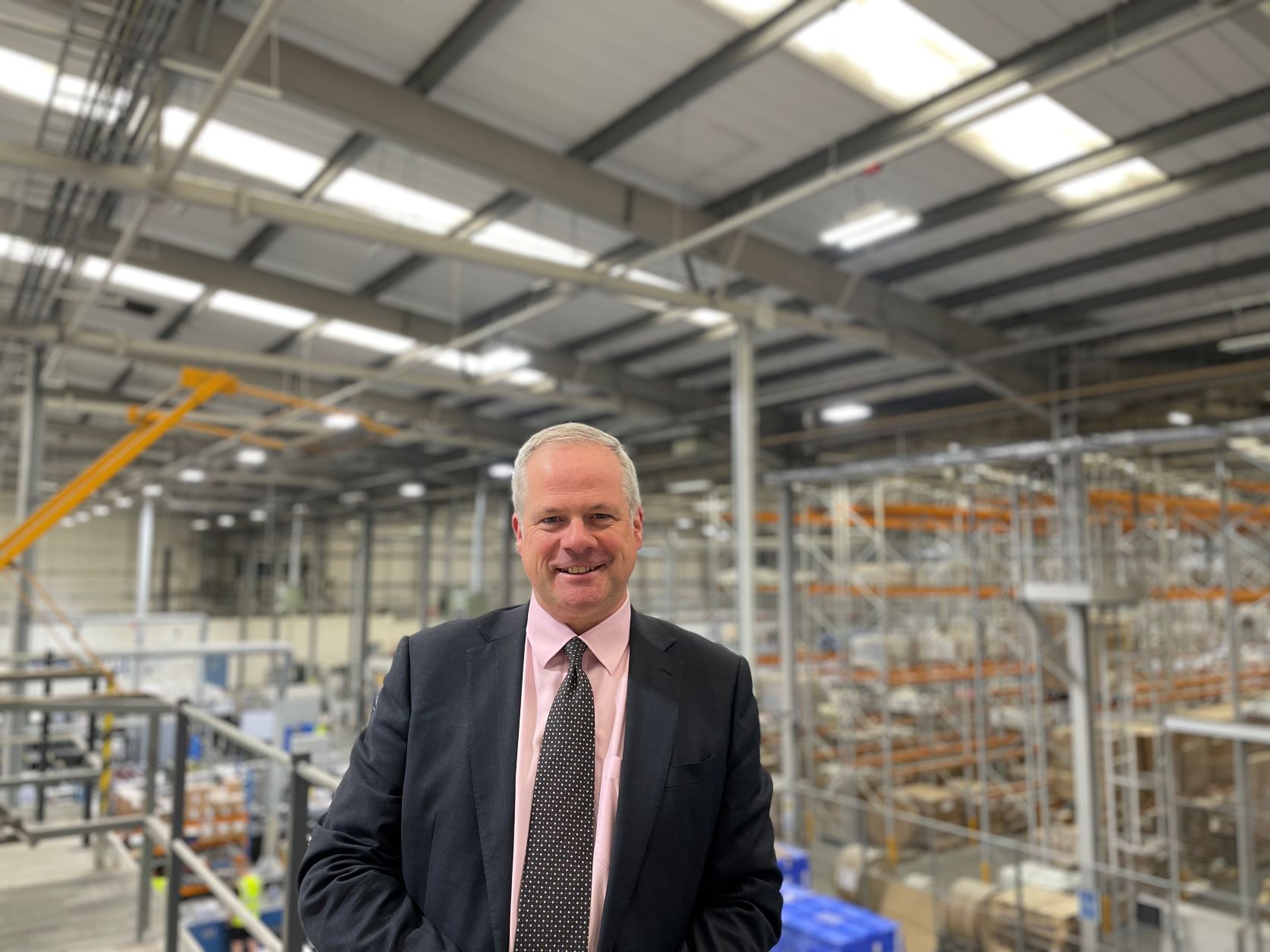ZF has joined forces with Mercedes-Benz Trucks to equip its electric trucks with eWorX, ZF’s electrified Power Take-Off (PTO) system. The eWorX all-in-one solution offers vehicle body manufacturers a known mechanical interface to drive work equipment. The two companies are also closely collaborating with Palfinger, a leading producer of crane and lifting solutions, to equip a Mercedes-Benz eActros demonstration truck with a skip loader.
Additionally, ZF has applied eWorX to an eActros equipped with a hook loader from Meiller, a global leader in tipping trailers, hook lifts and skip handlers. Both demonstration vehicles will be unveiled at Munich’s IFAT 2022 global trade fair on 30th May.
“In close partnership with Mercedes-Benz Trucks, this further expansion of our eMobility portfolio represents another proof point for the Group’s Next Generation Mobility strategy,” said Wilhelm Rehm, member of the ZF Board of Management with responsibility for ZF’s new Commercial Vehicle Solutions division. “eWorX is supporting the electric transformation of the commercial vehicle industry for a more sustainable future.
“As the number one global supplier to the commercial vehicle industry, ZF has a deep systems knowledge of the complete vehicle. With eWorX, our electrification portfolio goes beyond the driveline.”
All-In-One Solution
As a fully integrated system, ZF eWorX offers significant value for vehicle and body manufacturers as a modular, standardised and intelligent system that combines all the functions required for the electrification of on-board equipment in a single compact unit. ZF’s eWorX represents a major step in the electric transformation of commercial vehicles, the solution delivers zero local emissions and significantly reduces noise levels which facilitates easier operation in cities and residential areas.
The eWorX system installed in the demonstration vehicles features an electric motor with nominal power of 50kW, an inverter and a control unit with application-specific software as well as a cooling system and a hydraulic pump. eWorX acts as a gateway between the vehicle and its on-board equipment, with seamless communication via a connection to the vehicle’s CAN bus.
The system operates independently from the driving system and so can be used with electric axle drives and central drives. The traction battery of the eActros provides electrical energy to the ZF eWorX system. With this, the eWorX electric motor in turn drives the hydraulic pump for the tipper. A mechanical connection to the traction motor is therefore not required.
Launched on January 1, 2022, ZF’s Commercial Vehicle Solutions (CVS) division has a mission to help shape the future of commercial transportation systems by being the preferred global technology partner to the commercial vehicle industry. Employing approximately 25,000 people across 28 countries, the division powerfully combines ZF’s commercial vehicle systems expertise, extensive technology portfolio and global operations, to innovate and supply components and advanced control systems for increasingly autonomous, connected, and electrified (ACE) vehicles.
ZF CVS division unites ZF’s former Commercial Vehicle Technology and Commercial Vehicle Control Systems divisions, the latter being formed following ZF’s acquisition of WABCO in Spring 2020.











